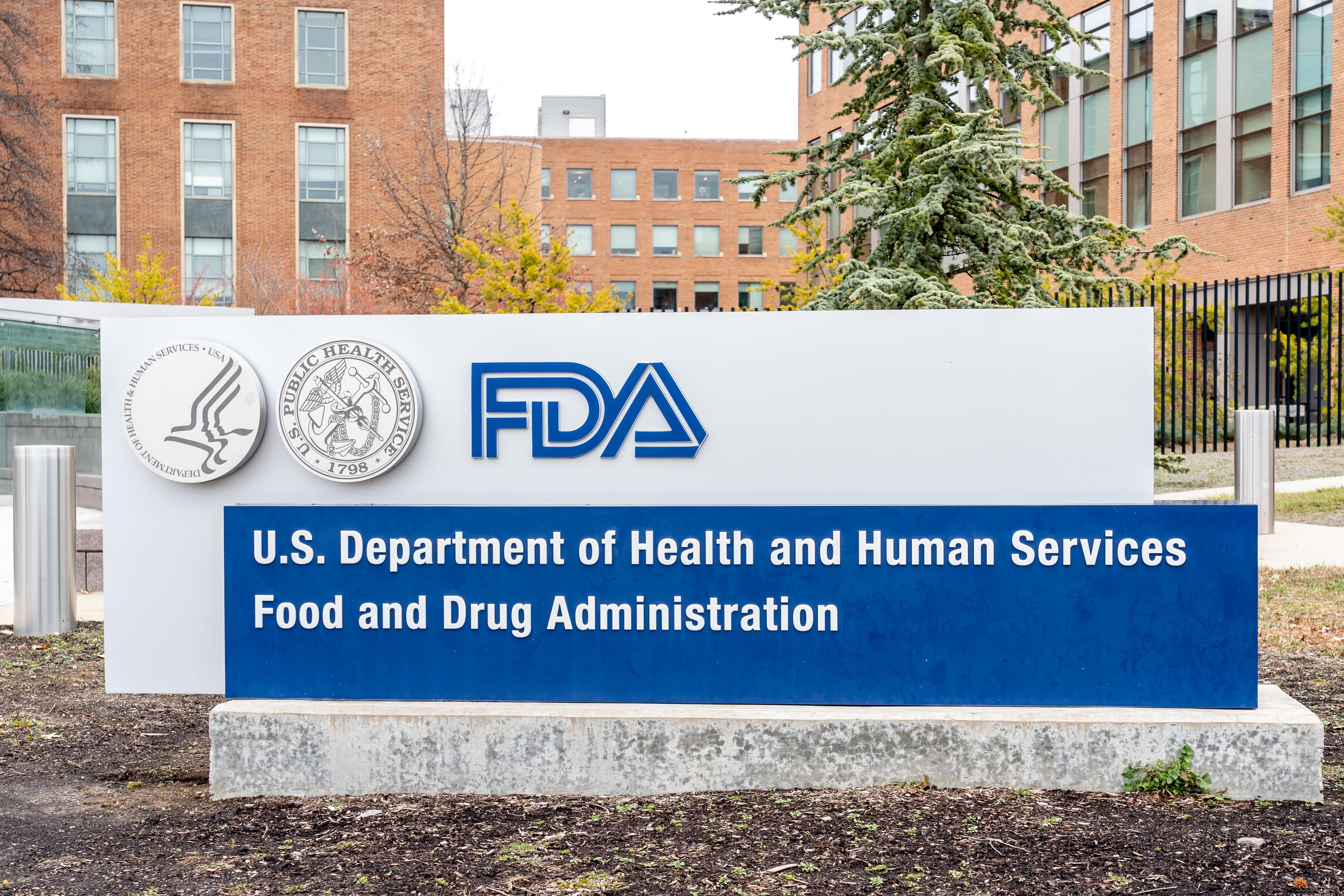FDA Amends Regulation to Ensure Future Safety and Effectiveness of Laboratory Developed Tests
New amendment explicitly states that in vitro diagnostic products are devices under the Federal Food, Drug, and Cosmetic Act.

The FDA has announced a new rule amending existing regulation that in vitro diagnostic products (IDVs) are now considered devices under the Federal Food, Drug, and Cosmetic Act (FD&C Act), including when the manufacturer of the IVD is a laboratory. Additionally, the FDA has issued a new policy to phase out its general enforcement discretion approach for laboratory developed tests (LDTs) over the course of four years. To accommodate these updates, the agency has issued targeted enforcement discretion policies for certain categories of IVDs manufactured by laboratories.1
According to the FDA, LDTs are IVDs described as intended for clinical use and designed, manufactured and used within a single clinical laboratory that meets certain regulatory requirements. IVDs are used for the collection, preparation, and examination of specimens taken from the human body. They can measure and/or detect a variety of substances such as glucose, cholesterol, or DNA.
“LDTs are being used more widely than ever before—for use in newborn screening, to help predict a person’s risk of cancer, or aid in diagnosing heart disease and Alzheimer’s. The agency cannot stand by while Americans continue to rely on results of these tests without assurance that they work,” FDA Commissioner Robert M. Califf, MD said in a press release. “The final rule announced today (April 29) aims to provide crucial oversight of these tests to help ensure that important health care decisions are made based on test results that patients and health care providers can trust.”
While LDTs have become extremely popular in research in recent years, they are being used for larger and more diverse populations with oversight from large laboratories. The tests are also increasingly using high-end technology. With the evolution of LDTs, the FDA is aware of public concern over potential accuracy flaws in the tests. The agency’s recent actions will ensure greater regulatory oversight under the FD&C Act.
The FDA plans to exercise enforcement discretion for premarket review and quality system requirements for certain categories of IVDs, including but not limited to:
- Currently marketed IVDs offered as LDTs that were first marketed prior to the date of issuance of the final rule. This enforcement discretion policy is intended to address the risk that the perceived costs of compliance with such requirements could lead to the widespread loss of access to beneficial IVDs on which patients currently rely.
- LDTs manufactured and performed by a laboratory integrated within a health care system to meet an unmet need of patients receiving care within the same health care system when an FDA-authorized test is not available. This enforcement discretion policy is intended to help avoid patients being deprived of critically needed LDTs where certain risk mitigations exist that may help laboratories to identify any problems with their LDT and may help inform appropriate use and interpretation of such LDTs.
“Today’s (April 29) action is a critical step toward helping to ensure the safety and effectiveness of LDTs, while also taking into account other public health considerations, including continued access to critical tests patients rely upon,” Jeff Shuren, MD, JD, director of the FDA’s Center for Devices and Radiological Health said in the press release. “Through targeted enforcement discretion policies for certain categories of tests manufactured by a laboratory, we expect patients and health care professionals will continue to have access to the tests they need while having greater confidence that the tests they rely on are accurate.”
Reference
1. FDA Takes Action Aimed at Helping to Ensure the Safety and Effectiveness of Laboratory Developed Tests. News release. April 29, 2024. Accessed April 30, 2024. https://www.fda.gov/news-events/press-announcements/fda-takes-action-aimed-helping-ensure-safety-and-effectiveness-laboratory-developed-tests
Newsletter
Stay current in clinical research with Applied Clinical Trials, providing expert insights, regulatory updates, and practical strategies for successful clinical trial design and execution.
Unifying Industry to Better Understand GCP Guidance
May 7th 2025In this episode of the Applied Clinical Trials Podcast, David Nickerson, head of clinical quality management at EMD Serono; and Arlene Lee, director of product management, data quality & risk management solutions at Medidata, discuss the newest ICH E6(R3) GCP guidelines as well as how TransCelerate and ACRO have partnered to help stakeholders better acclimate to these guidelines.
Funding Cuts Threaten Diversity in Clinical Research
June 27th 2025In this video interview, Kyle McAllister, co-founder, CEO, Trially, discusses how recent federal funding cuts are likely to undermine research focused on underrepresented populations, and why long-term investment in community-based studies is essential to closing persistent health equity gaps.
FDA to Launch National Priority Voucher Program to Speed Drug Reviews for Critical Therapies
June 18th 2025Under the new initiative, companies may receive a voucher enabling FDA review to be shortened from the standard 10–12 months to just 1–2 months following final application submission if the drug addresses US national health priorities.